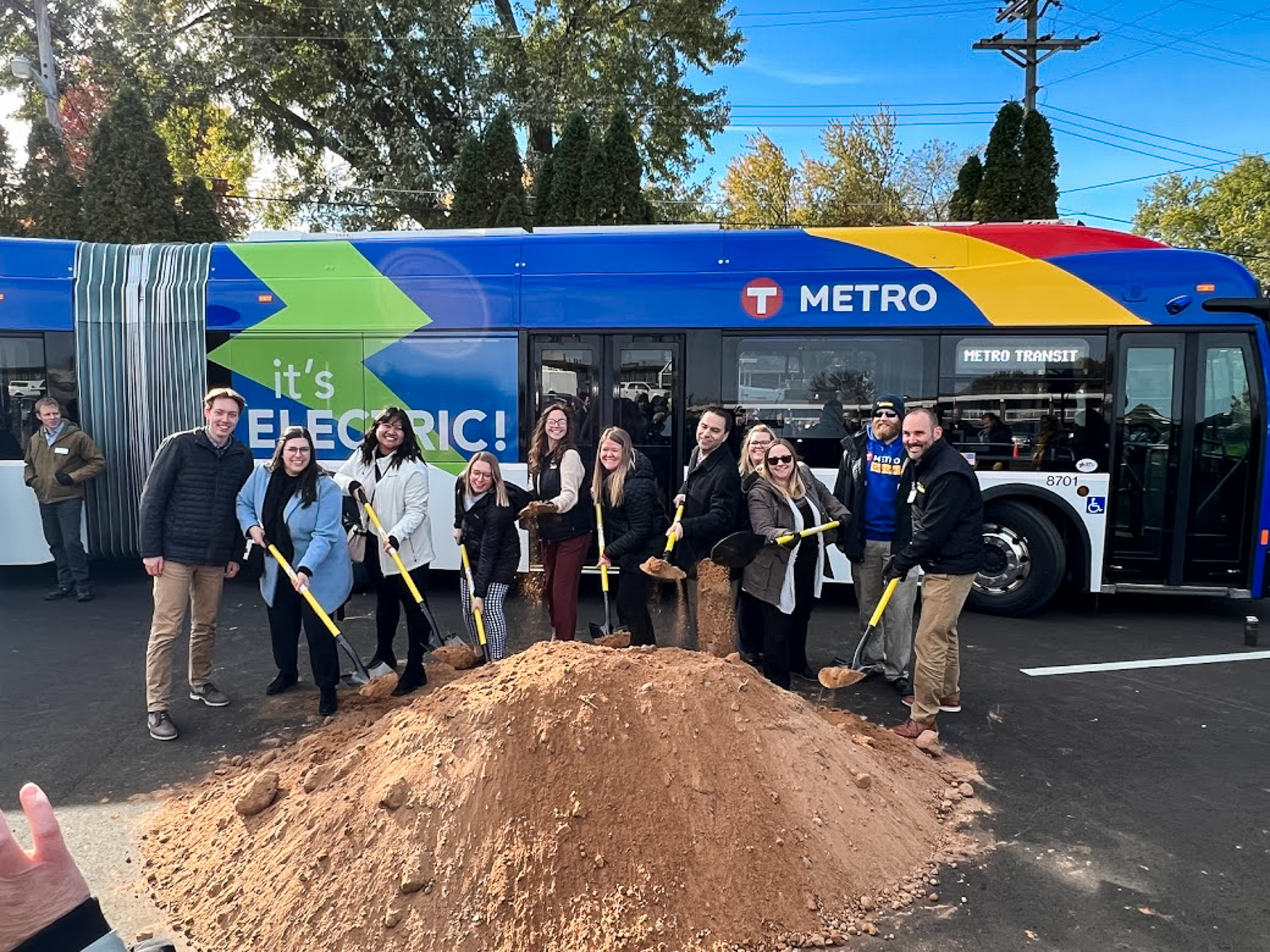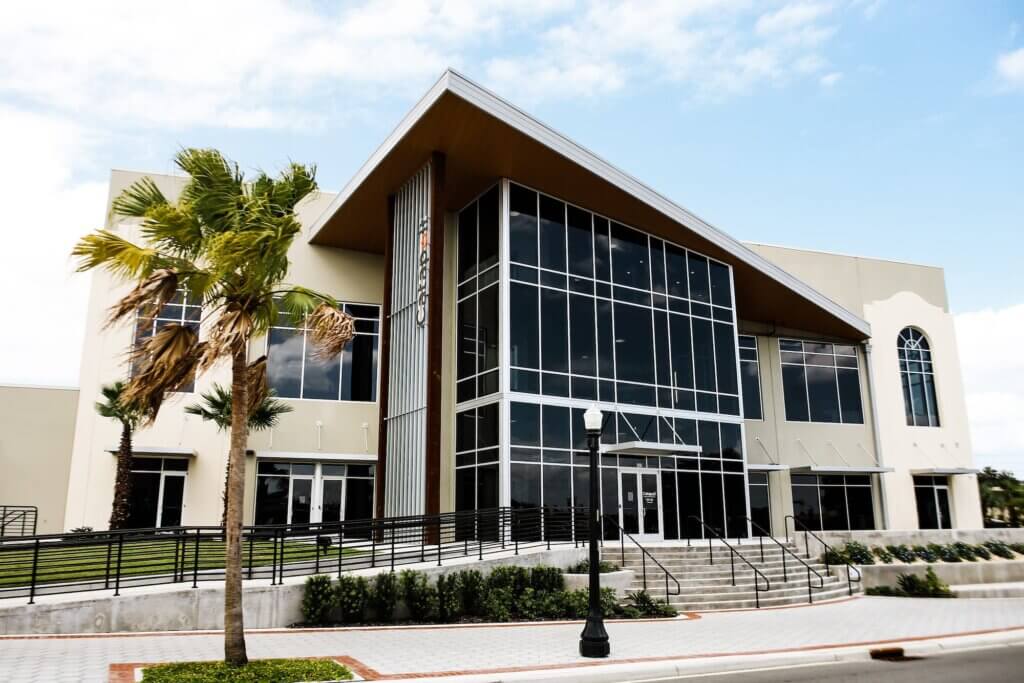Kimley-Horn Offers Wide Range of Engineering Services, Adjusts to Changes In the Industry
To celebrate World Engineering Day (March 4), we highlighted Kimley-Horn and their work to positively impact the community and companies.
About Kimley-Horn
Kimley-Horn is a full-service, employee-owned, multidisciplinary consulting firm offering a broad range of engineering, planning, landscape architecture, and environmental services to clients in both the private and public sectors.
Over the years, they have grown from a small group of engineers and planners to one of the most respected consulting engineering firms in the nation—and a recognized leader in land development. Today, Kimley-Horn has approximately 8,400 employees in more than 140 offices across the United States and in Puerto Rico. They offer a full range of consulting services to local, regional, national, and international clients.
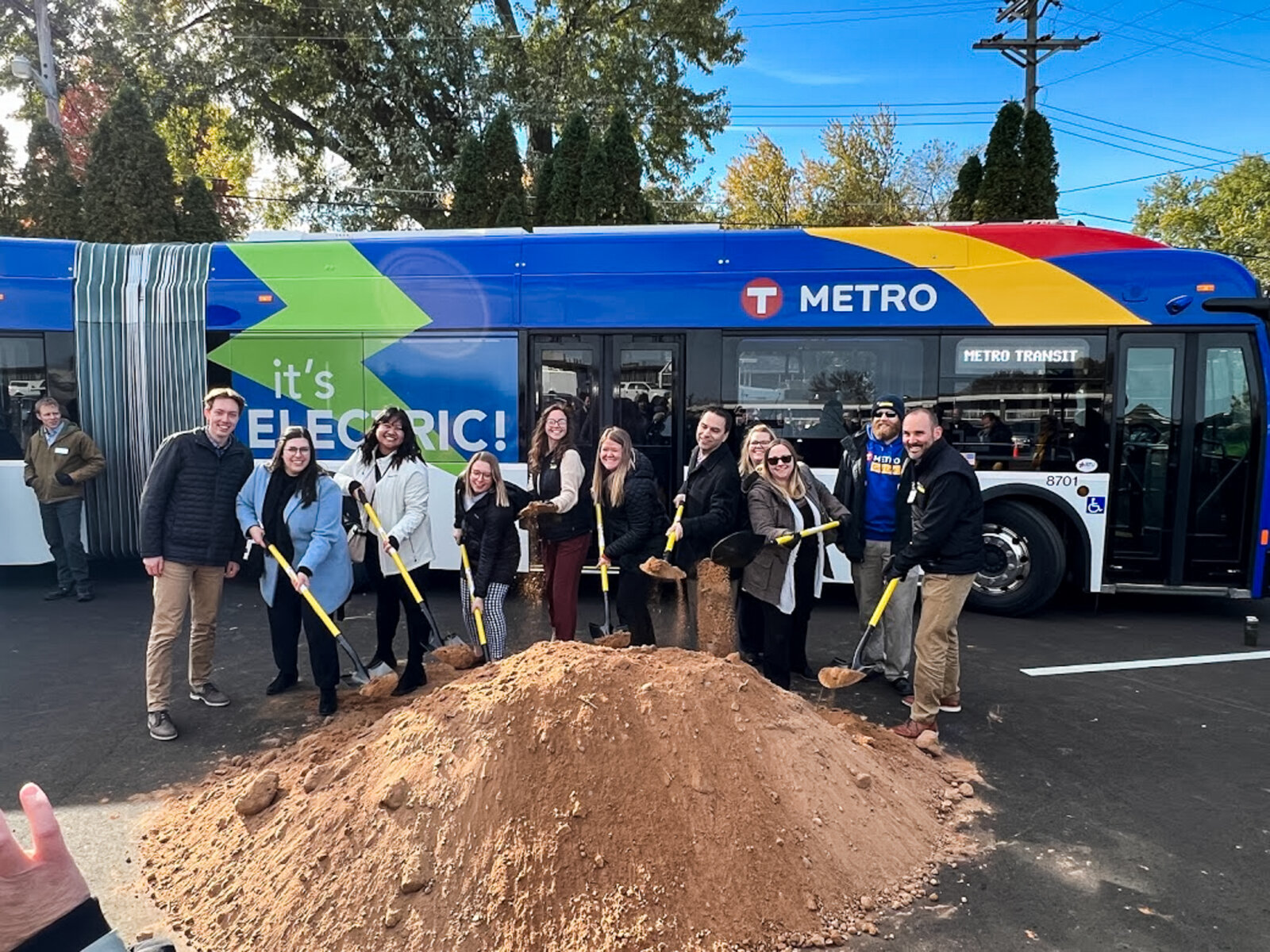
From Jared Wynn, PE:
QUESTION: Over the past five years, how has the engineering landscape within your company evolved? What are the key trends or technological advancements that you foresee shaping the next five years of engineering?
Over the past five years, Kimley-Horn has embraced significant advancements and trends that have reshaped our engineering landscape. We have seen a substantial shift towards the adoption of advanced software tools and technologies, such as Civil 3D, BIM (Building Information Modeling), and GIS (Geographic Information Systems), which have become integral to our design and project management processes.
With a growing emphasis on environmental sustainability, we have markedly increased our adoption of green engineering practices, incorporating environmentally friendly designs, resource-efficient construction methods, and renewable energy solutions. The integration of data analytics has further enhanced our project planning and execution. It allows us to predict outcomes more accurately and optimize resource allocation. The adoption of collaborative platforms and remote working tools has significantly improved team coordination and project management, especially during the COVID-19 pandemic.
Additionally, we have experienced exceptional growth in our MEP (Mechanical, Electrical, and Plumbing) and Energy practice areas. This reflects our commitment to diversifying our expertise and meeting the evolving needs of our clients.

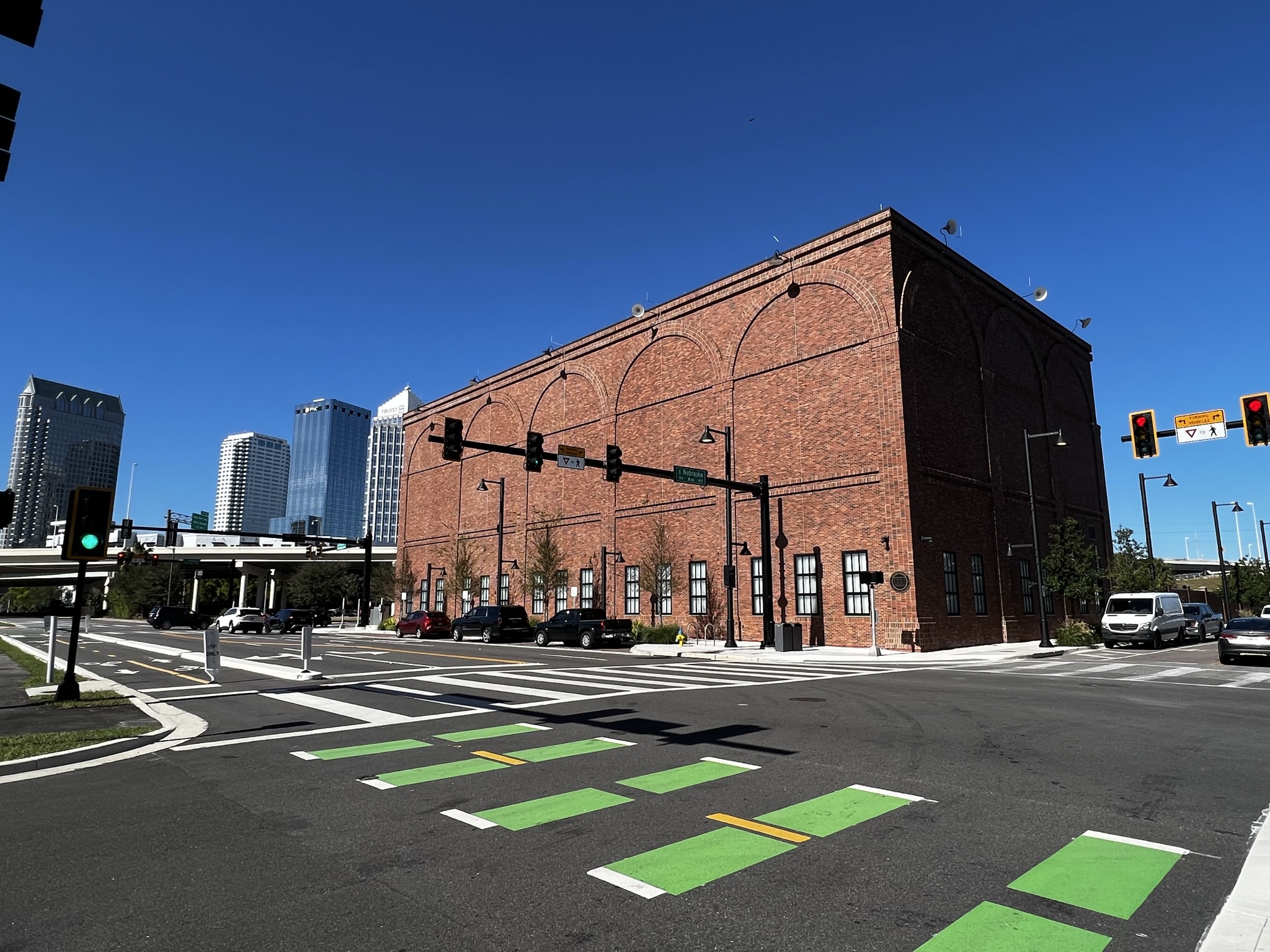

As we have served our clients, we’ve noticed a need that was unfulfilled in some practice areas. So, Kimley-Horn developed technological solutions to help bridge those gaps. These solutions aim to not only address client needs, but also to make their projects easier, faster, and more cost efficient.
Technology Solutions
Two examples of our Technology Solutions products are highlighted below:

SMARTS is a cloud-based platform to view, track, and manage multiple development projects. The tool helps project teammates and stakeholders achieve alignment on important project information by sharing accurate data quickly and efficiently. You can store, organize, and filter project data previously stored in silos across people and programs. This gives all team members a single source of up-to-date project information.
PublicCoordinate is an online map-based community engagement platform that enables clients to share project information and gather community feedback. The tool offers enhanced capabilities such as comment input, toggling between multiple project alternatives and base maps, Americans with Disabilities (ADA) web accessibility, custom branding, survey integration, and more.
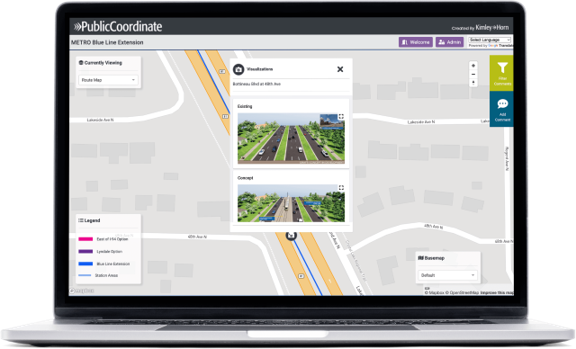
Looking ahead, the engineering world is poised to embrace several transformative trends. A continued focus on sustainability and resilience will be paramount as we strive to withstand the impacts of climate change. This will involve developing engineering solutions that are not only environmentally friendly but also robust enough to adapt to changing conditions.
Additionally, the integration of AI and machine learning will become increasingly prevalent. It will revolutionize design optimization, predictive maintenance, and the automation of routine tasks. These technologies will drive innovation, enhance efficiency, and enable engineers to tackle complex challenges with greater precision and foresight. As we navigate the future, these trends will shape the way we approach engineering, ensuring that we remain at the forefront of progress and sustainability.
